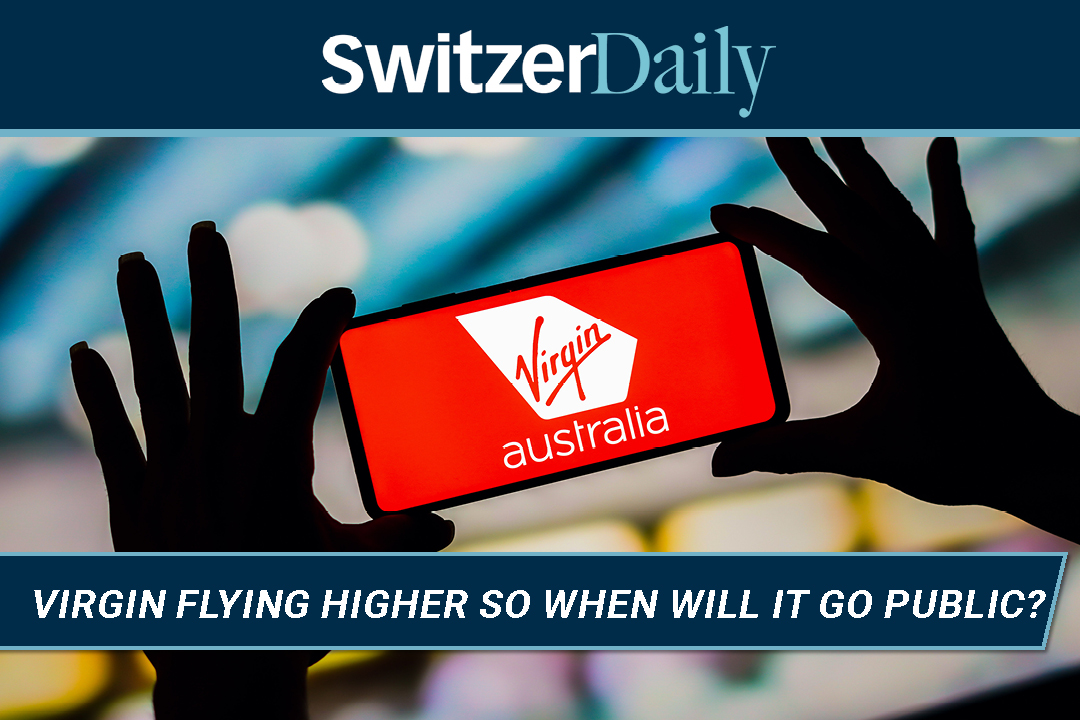

After 11 years of loss-making, Virgin Australia is out of the red and into the black, but the headwinds Qantas is currently copping look likely to delay its return to the stock market. Of course, this is a feather in the cap for CEO Jayne Hrdlicka, but it is fair to say that she and her company have been beneficiaries of the high airfares that the travelling public have been paying since the pandemic.
The AFR’s Chanticleer column looked at the financial numbers, and it makes interesting reading:
The company is now owned by private equity group Bain, which has turned the business around. While the company will talk about its better ‘product’, which appeals to the premium leisure travellers looking for value-for-money deals, as well as the small-to-medium business market and cost-conscious corporate flyers, two big issues are at the core of Virgin’s success.
The first issue is the high prices that now prevail for airline travel. The second issue is the better ownership structure.
Borghetti also tried to give Qantas competition, but Alan Joyce simply cut prices for business class travel, which made the offering great for consumers but bad for profits, especially Virgin Australia, which also carried a lot of debt.
The success of the new Virgin Australia is based on targeting the flyers who want good deals, while keeping costs down, so the company is profitable.
So, when will the company do its initial public offering, which really would be a relisting public offering?
First it must upgrade its fleet of planes with 22 new ones over the next two years and existing planes will need to be refurbished. But the company needs a more positive environment to put its new and improved business on show for sales to potential shareholders.
The following is making for unfriendly skies for an IPO soon:
That’s why Virgin Australia must show that the business’s profitability is sustainable before they try an IPO, and they better hope there are no pesky volcanoes.
In case you’ve forgotten, in 2010 an erupting volcano in Iceland shut down air traffic virtually worldwide. Then in 2015 a volcano in Bali hit airline schedules, and it happened again in 2018.
Shareholders need ‘seat belts’ with most companies because stock market crashes are always possible, but those who invest in airlines need the harness seatbelts you see in the cars that ran around Mt Panorama on Sunday!